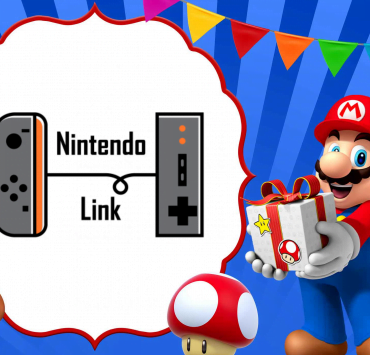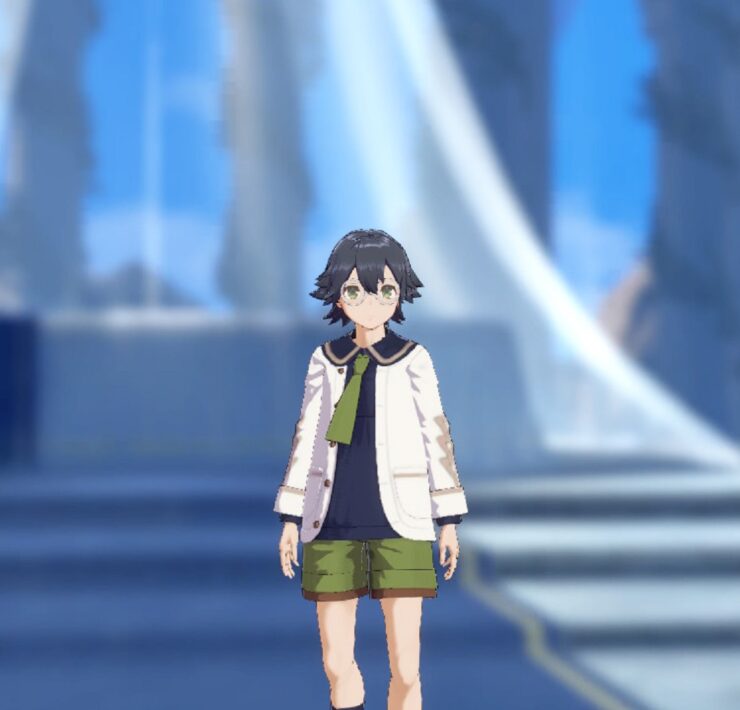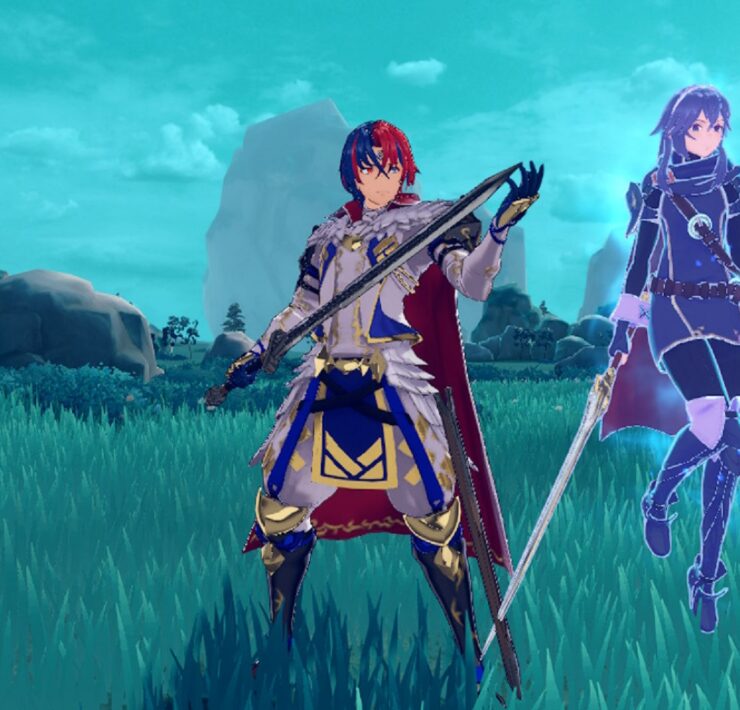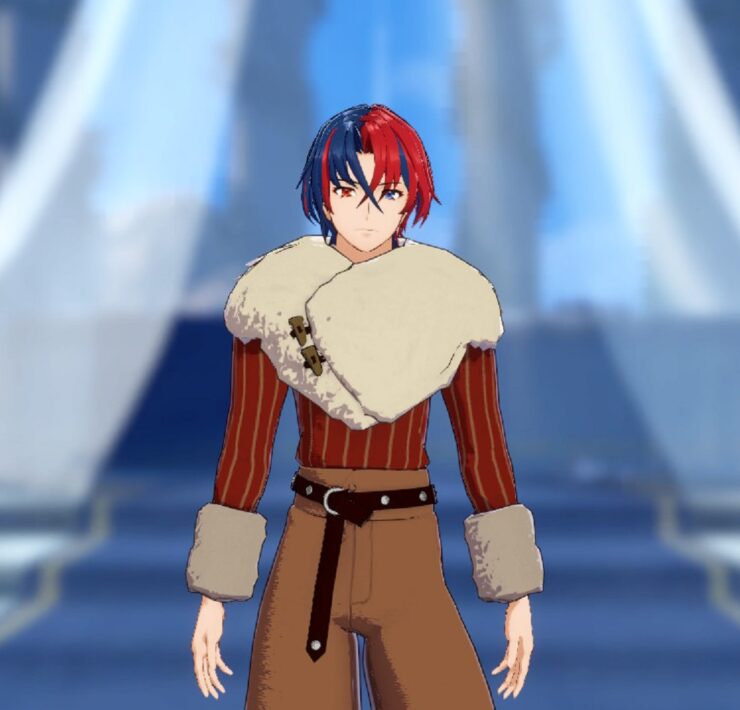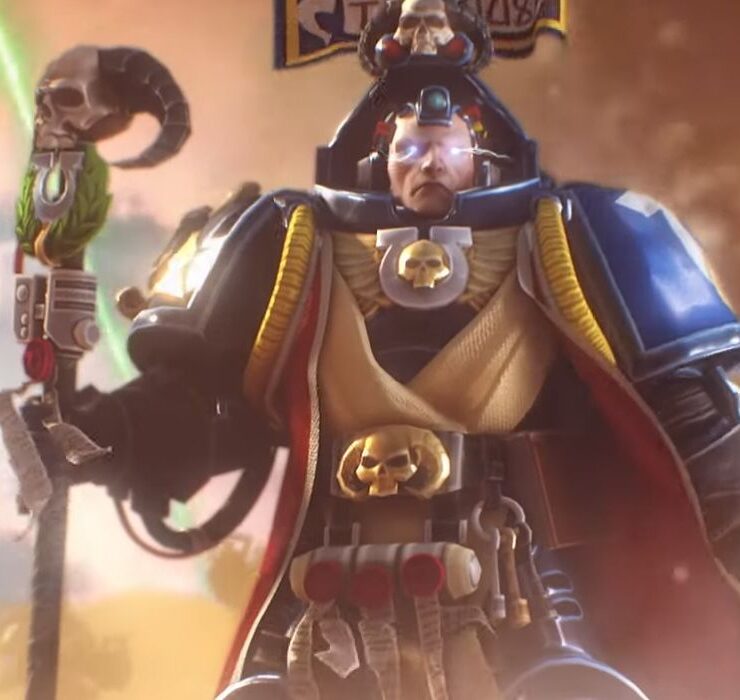That Time the Yakuza Helped Sell Nintendo Cards

As has been stated in previous “That Time” articles, Nintendo has been around since 1889, and their first product, and one they continue to make to this very day, were Hanafuda, also known as “Flower Cards”. This Japanese card game has been around since roughly 1816, and Nintendo is the company that took the game, perfected it, and mass-produced it. As is the case with many card games around the world, Hanafuda is embraced by all types of people, but it also began in an underground gambling circuit associated with a very unfortunate group.
Well, this is that time the Yakuza helped sell Hanafuda cards for Nintendo.
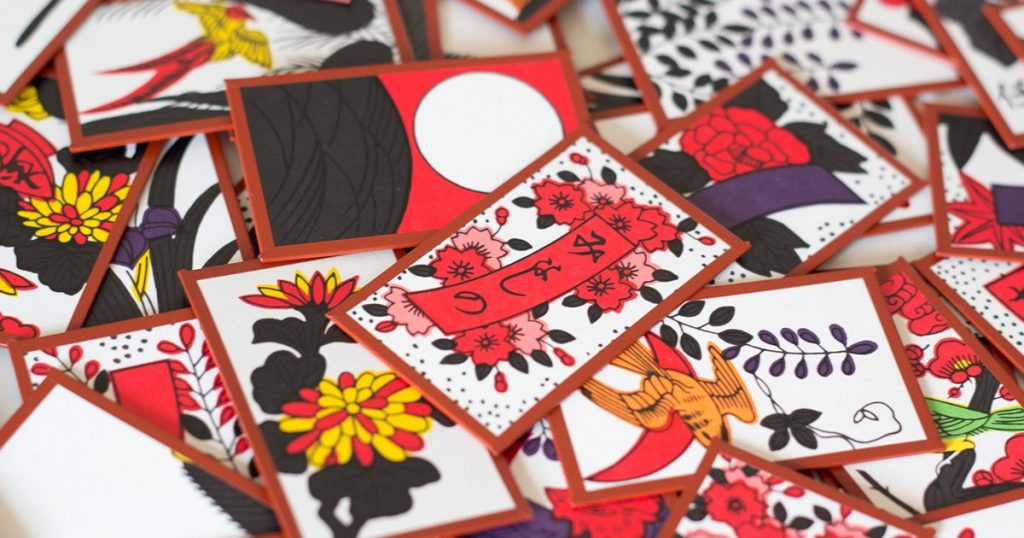
Before Nintendo was even established, Hanafuda was already around and was heavily associated with gambling and organized crime. Even more interesting, the game was illegal in Japan until roughly 1886, 3 years before Nintendo opened their doors. The reason for its illegality has a lot to do with the criminal group that benefited from it the most: the Yakuza.
One interesting connection that both the Yakuza and Nintendo have before they began indirectly working together are their names. Yakuza comes from the traditional Japanese card game Oicho-Kabu, where YA-KU-SA are represented by numbers, 8-9-3. The game is wildly used for gambling, and the numbers are added up. In the case of YAKUZA (8-9-3), the total is 20, and in the game of Oicho-Kabu, this is one of the worst hands possible.
Nintendo’s name, on the other hand, can be translated as “Leave Luck to Heaven”, which is closely associated with gambling as well, as the term was even heavily used in the gambling scene, including by the Yakuza.
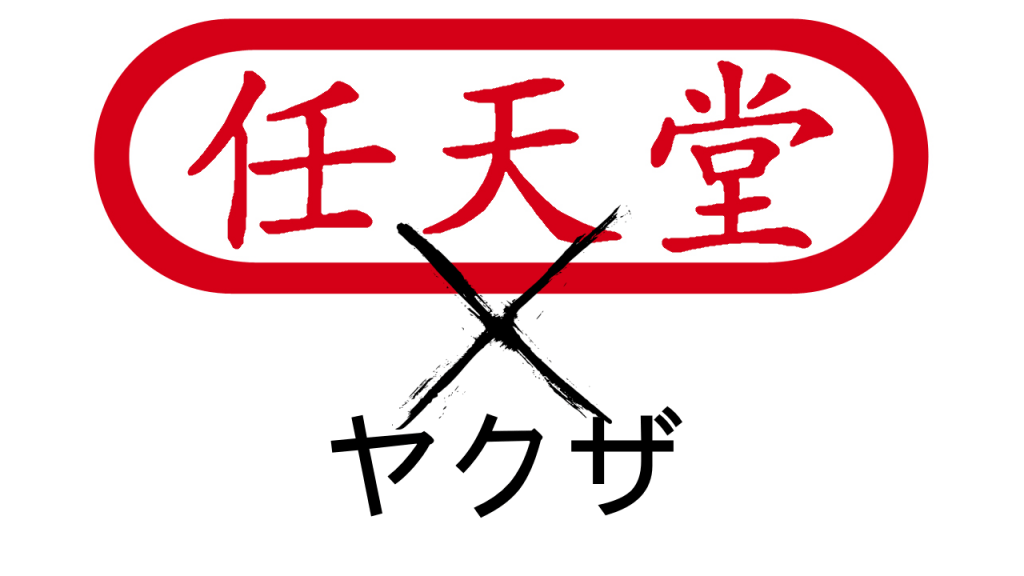
A common misunderstanding is that the Yakuza’s name comes from a losing hand of Hanafuda, but as already stated, that is not quite true, as their name derives from a losing hand in Oicho-Kabu, although later versions of Oicho-Kabu can be played with Hanafuda cards with some slight rule changes. Despite, the connection between the two companies and their ties to gambling are obvious, so what came next?
Well, when you start to produce the cards for a game associated with organized crime and gambling, you inevitably get the attention of the crime syndicate. Nintendo’s first headquarters was in an area of Kyoto well associated with the Aizukotetsu-kai, one of the oldest and most powerful branches of the Yakuza. This does not directly connect the two groups, but it does put Nintendo right in the midst of the very people who would use their product the most.
Nintendo began hand-crafting the cards at their first location, and they immediately benefited. It would be like if a brewery opened up right in the middle of a town where a large chunk of the population were alcoholics. Nintendo basically supplied the product, and the Yakuza got their beautiful, hand-crafted Hanafuda cards to continue growing their gambling circuit in Kyoto. This relationship, although unofficial, benefited both groups strongly, and Nintendo was quickly able to grow its brand and move on to printing much more later on, including other types of playing cards.
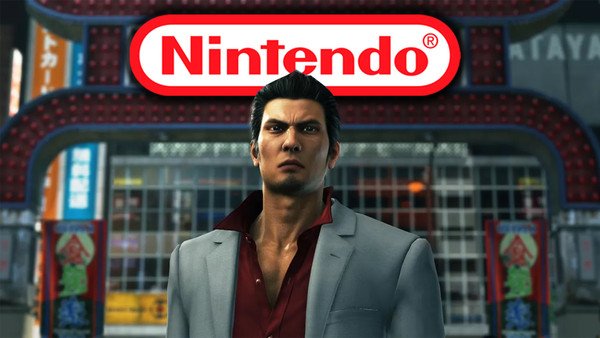
There is sadly even a conspiracy that Gunpei Yokoi, the father of the Game Boy, was killed by the hands of the Yakuza. The theory derives from the fact that early in Gunpei’s career, he inspected the printing machines that made cards, particularly the Hanafuda cards. In Hanafuda, cards with imperfections were often used for cheating, and it was Gunpei that guaranteed the cards produced by Nintendo were uniform to prevent any kinds of cheating. A pre-internet time meant that rumors floated around that the Yakuza did not like Gunpei or his uprightness, and they wanted to end him. Gunpei’s life was tragically taken away in a freak car accident, but you can understand how those types of rumors went around, especially with Nintendo’s history with the crime organization.
Whatever the case is, Nintendo and the Yakuza have a long history, and it absolutely does not end there. Oh, no. In a future “That Time” article, we will talk about how Nintendo helped to take down the crime syndicate, and I can only assume it was to wash away their own sins in their association with them.
Thank you for stopping by Nintendo Link and enjoying this “That Time” article. What do you think of Nintendo playing nice with the Yakuza in Kyoto? Are you surprised? Not at all? Let us know what you think in the comments below! Happy gaming, everyone.
What's Your Reaction?
My name is Jason Capp. I am a husband, father, son, and brother, and I am a gamer, a writer, and a wannabe pro wrestler. It is hard to erase the smile on this simple man.

